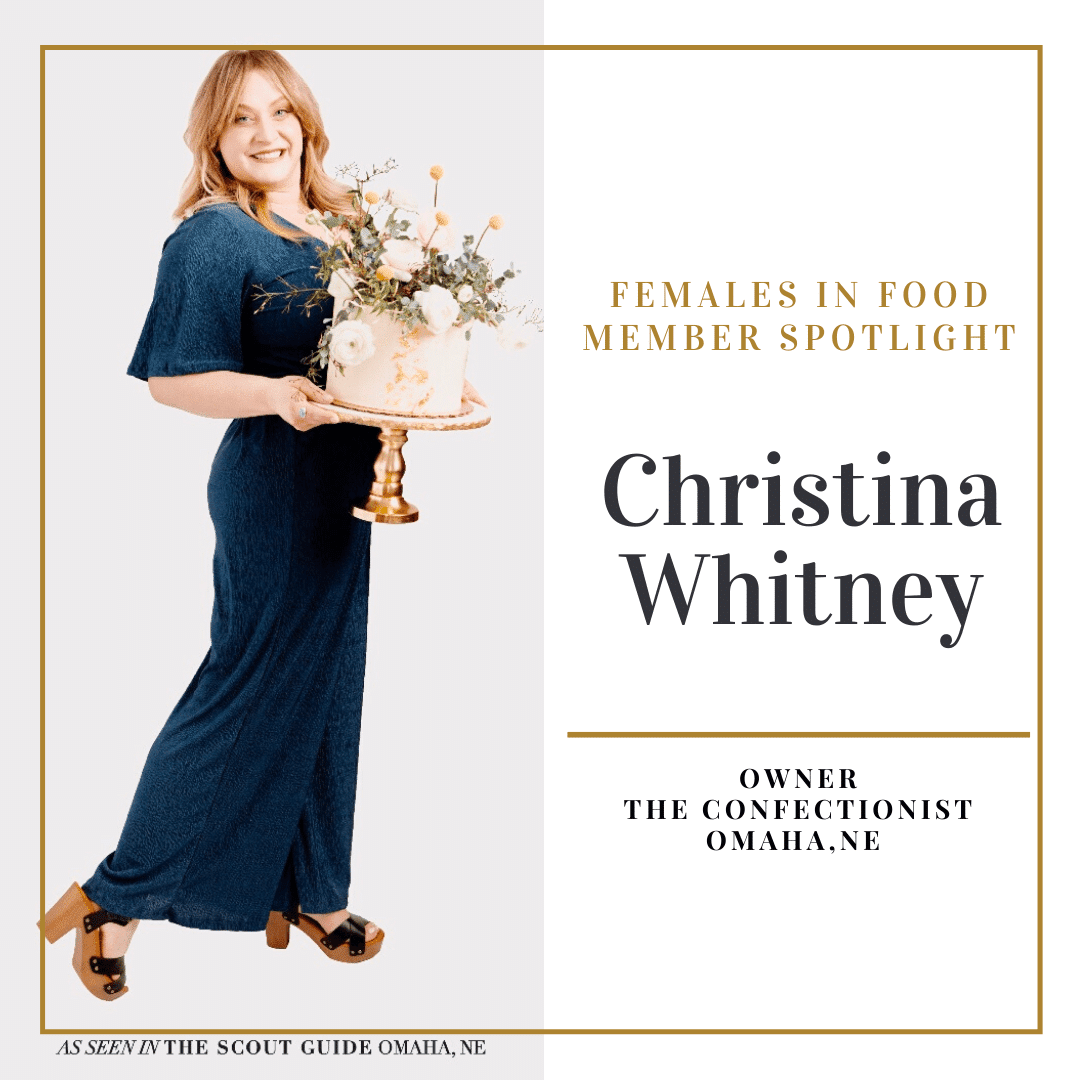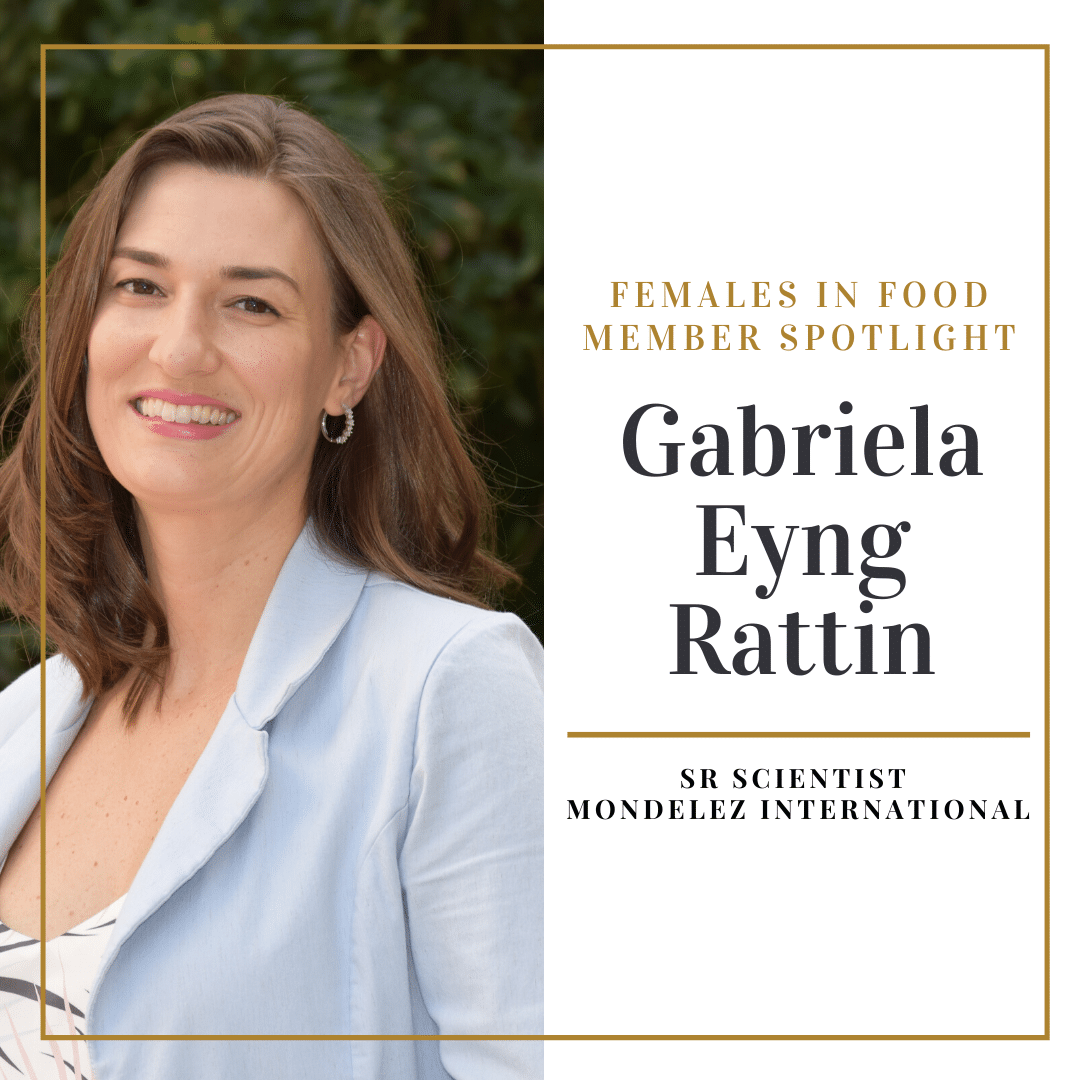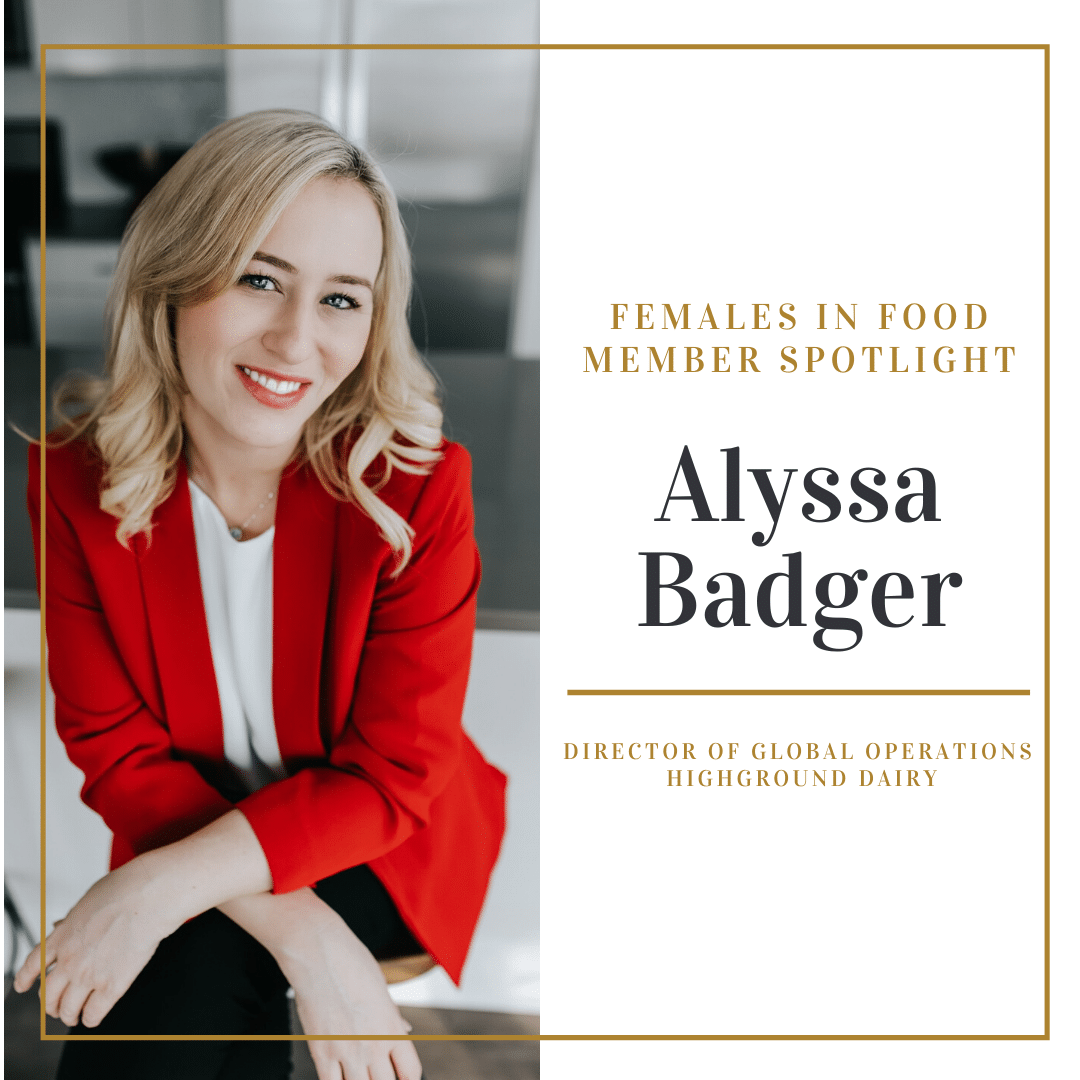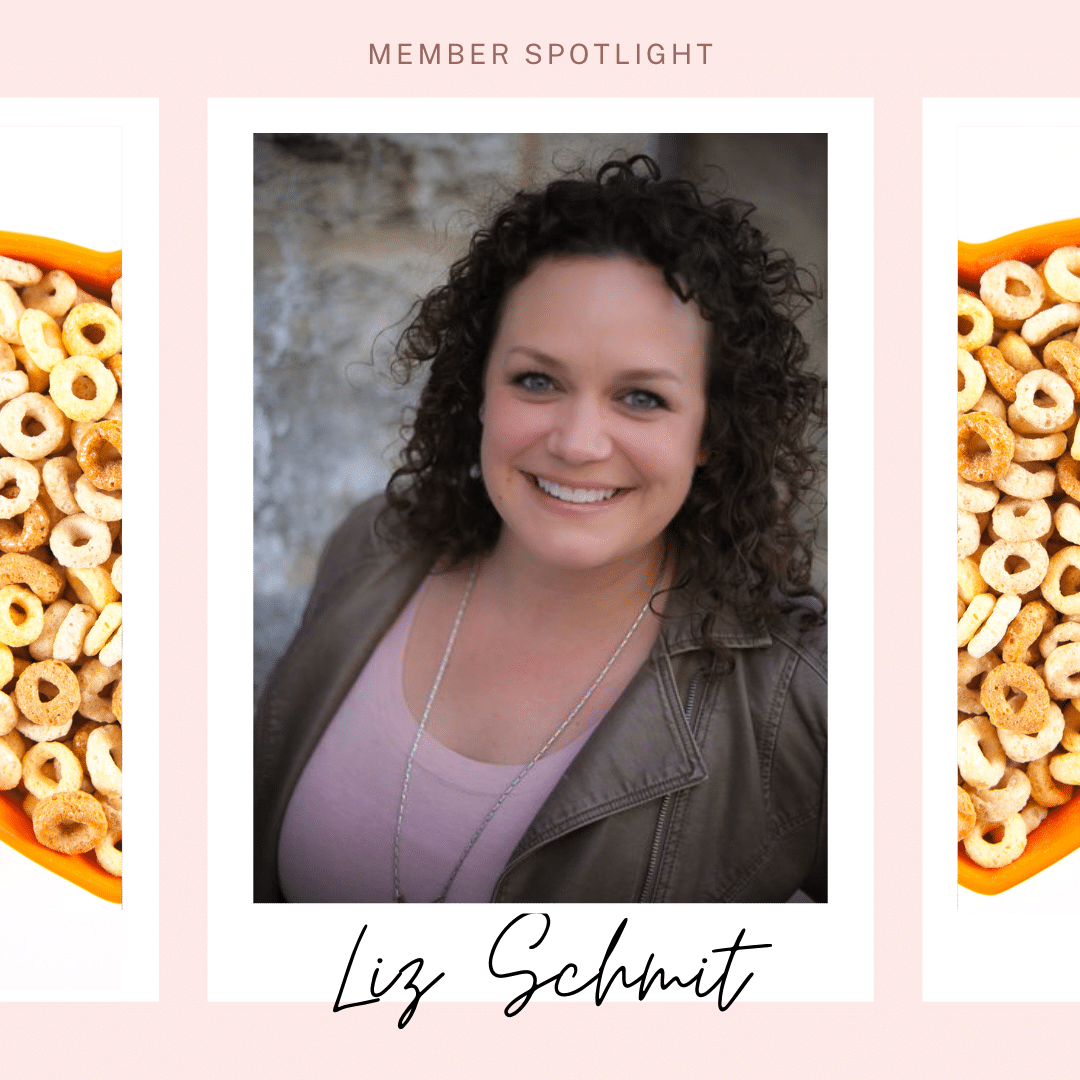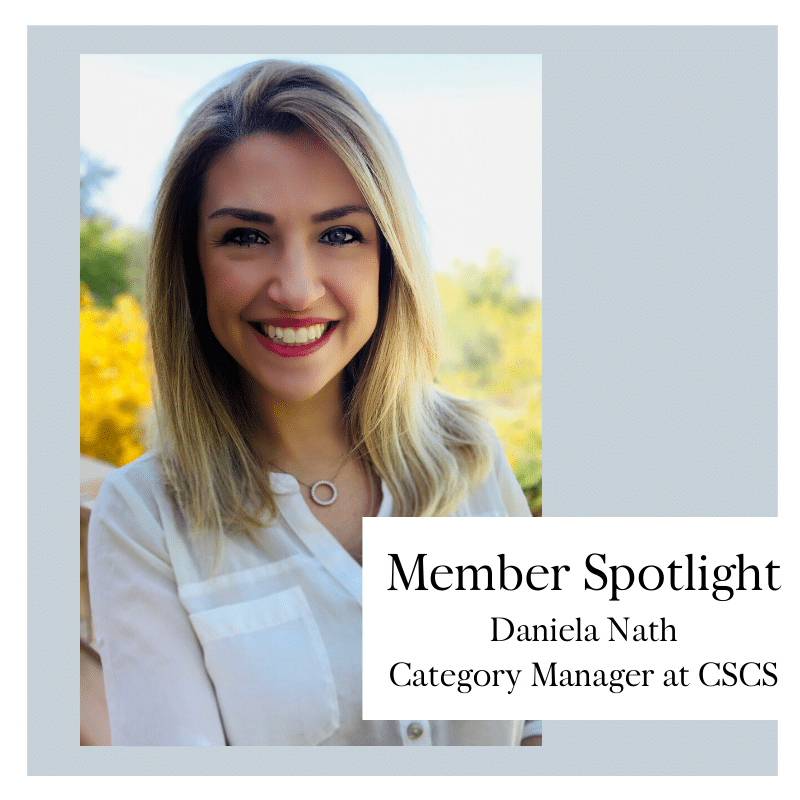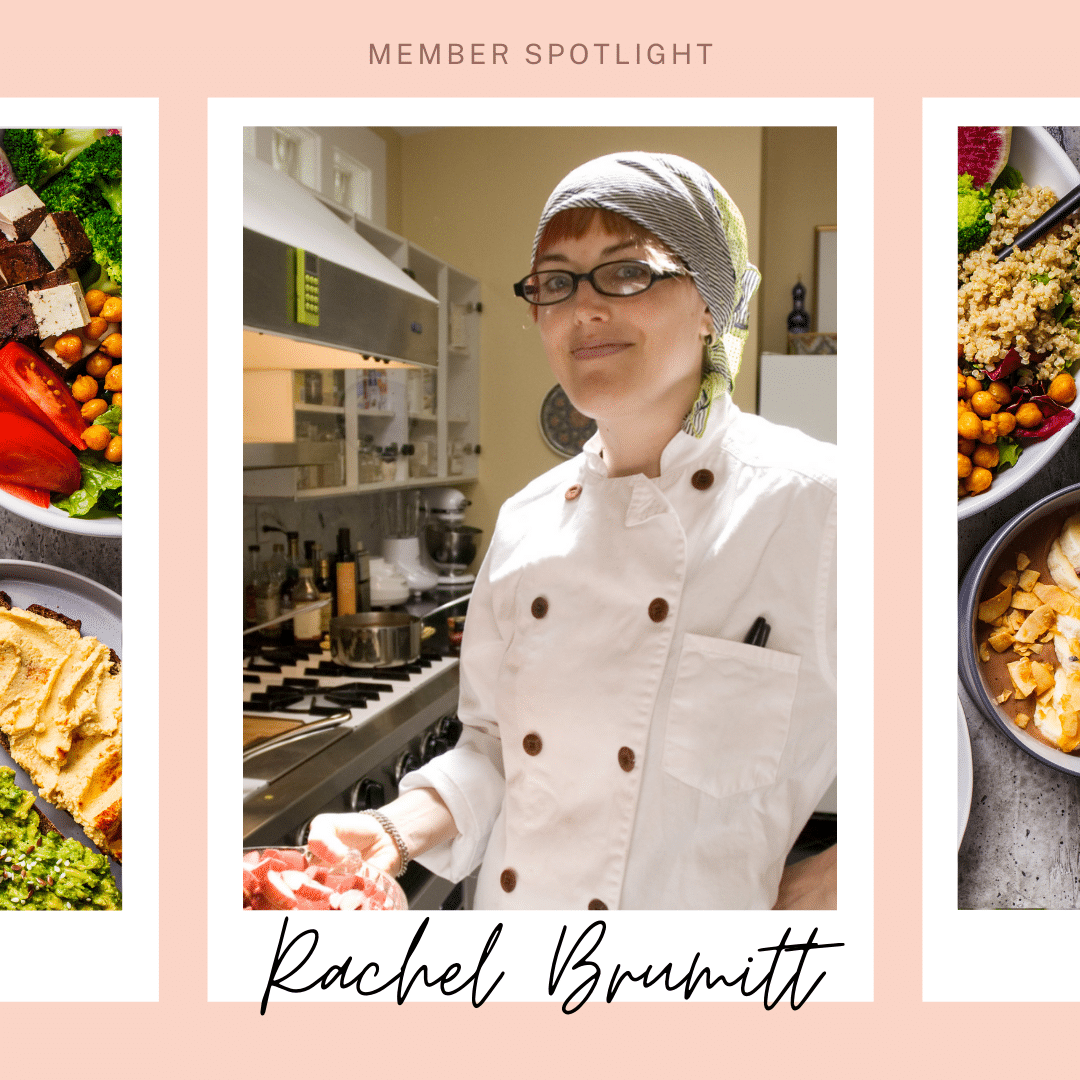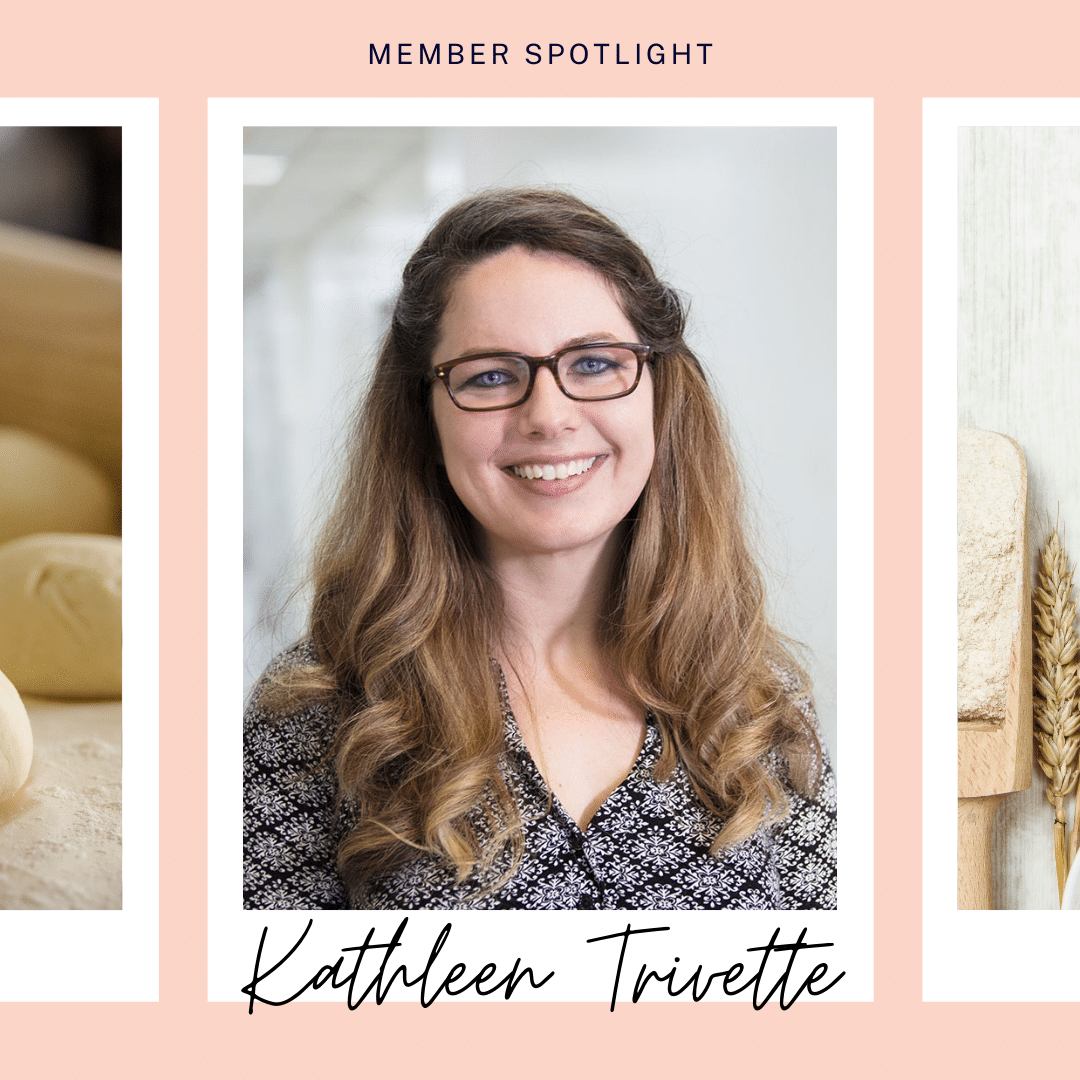“Let food be thy medicine, and medicine be thy food” –Hippocates
Rachel Brumitt is a personal chef, instructor, and entrepreneur. She graduated from the Natural Gourmet Institute where she learned not only culinary techniques but also the critical link between food systems, health, healing, and environmental ecology. She worked as a chef and instructor for several years before deciding to bring her Veg Forward Fare For All Tastes to the Minneapolis market through her business Kinship Cooking. Rachel opens up about her connection with food, journey into the industry and advice to others who are looking to enter into the industry or start their own business.
Her Starting Point
Q. Let’s start from the beginning. Where did you grow up? How did your upbringing get you interested in the food industry?
I am originally from the Twin Cities suburbs but always had a taste for foods outside of the Standard American Diet, which in the region was the norm for a kid growing up in the ’70s, and 80’s. You could say that my non-culinary upbringing was what spurred me to search form more interesting foods. When I was about 16, I got my first restaurant job as a busser and server at a tiny, family-owned and operated local diner. This gave me a taste of how fun and active restaurant work can be. I have to say though, an exchange opportunity in high school, where I got to spend time with a Spanish family in Northern Spain, was a major eye-opener. I enjoyed fresh, local extra virgin olive oil, amazing bread, marzipan, and other delicious Spanish dishes for the first time. I was amazed that food could even taste like that!
Q. Have you always had an interest in plant-based foods/diets? What or who inspired you to consider a culinary career path focused in natural and plant-based foods?
As I reached my teens I was becoming more aware of animal welfare and industrial animal farming and that was the jumping-off point for my initial diet experimentation. I saw around me the growing epidemic of heart disease, obesity, and other diseases and it alarmed me even for members in my own family. I decided to become a vegetarian at this point.
Rather ironically, this was the beginning of a very difficult time in my young life. In high school and college, I think like many young women, I dealt with body image issues that were compounded with some medical problems that destroyed my digestion. I became very unbalanced and depressed, and my body and brain really crashed. This turned out to be a very personal learning experience and my inspiration to start on a path of healing. It took a long time, but eventually, I let go of some more dogmatic health habits and beliefs and started listening to my own body.
It was at this time that a notion just hit me, kind of an epiphany really, that I wanted to go to cooking school and be a chef! It felt like it came out of the blue but really made perfect sense. I was seeking balance and purpose in life and this path would provide both, allowing me to tackle my own relationship and understanding of food and health, and sharing this joy with others.
Q. How did your time at the Natural Gourmet Institute prepare you for what you are doing today?
Wow. When I found this school, I knew it was where I wanted to go, and I made it happen. My experience there was transformative. I gained so much confidence. No offense mom, but I really didn’t learn to cook growing up at all, and this is a common root of fast food and microwave food culture.
I like to describe myself as a “Straight A art school drop-out”, having left University amid the health struggles described above, but in culinary school, I found that I really loved the full sensory experience of cooking. The colors, smells, physical activity, and tastes were a whole new pallet for me. At the Natural Gourmet, this was paired with deep knowledge of the link between food, cooking, and holistic well-being. This seems so obvious but for various reasons had really been lost in our culture, and I felt motivated to bring this key aspect of health, back to center of daily living, not only for my own healing, but to share with the world.
Her Big Break
Q. After graduation from The Natural Gourmet Institute, what was your first role? What did you enjoy most about that role? What advice do you have for those who are just starting out?
Even before I went to The Natural Gourmet, a friend of mine introduced me to Brenda Langton, the chef/owner of Café Brenda at the time. Brenda was, and is, a long-standing local pioneer of natural foods and farm to table cuisine in the Twin Cities, now running her James Beard award-nominated restaurant Spoonriver. A friend of mine helped me arrange an internship at Café Brenda before I even graduated! I started at salad/sandwich station and ended up working at the vegetarian special station on hot side as well. I hopped in on front of the house too which gave me a more complete experience of how the restaurant worked and I felt really valued.
I was lucky in that the work environment at Café Brenda was positive, inclusive, and communally creative. Brenda was a rare female chef and entrepreneur at the time and created, a work environment where all contribute ideas and have room to grow. In this way, my first professional cooking gig secured in my mind that working in a healthy environment is crucial. A budding cook just starting out can feel free to learn, make mistakes, be challenged, and thrive. Toxic work environments really squash creativity and growth.
I also would encourage young aspiring cooks not to feel like they have to attend cooking school. If that works for you, great! If not, find a place where you can jump in and work your way up. Learn everything you can, even dishwashing, cook at home, cook for your friends, feed your passion and show you are willing to work for it! There are a lot more women in the business now and many are eager to mentor so just reach out. Even if you want to start a non-restaurant food business, working in a restaurant can be educational.
Q. What did the progression look like into becoming an instructor and private chef?
After three years at Café Brenda, my husband and I moved to Washington D.C. (a fine, fine foodie city in fact!). I took this opportunity to try something new. D.C. is a prime location for personal chefs, so I took the leap. I had briefly been self-employed as a sign painter/designer before cooking school, but I never really took self-employment seriously. This was uncharted territory to me, but over the course of 8 years built up a wonderful group of clients.
Becoming a personal chef pushed me to improve as a cook like nothing else had. I had to come up with multiple menus weekly, cater to vastly varied tastes, preferences, and special diets, and often create completely new dishes on the fly. I also had to learn how to manage a small business. For my work, this is relatively straight forward and thank goodness because I am far more comfortable with a knife in hand than a calculator!
Becoming an instructor involved one of the gutsiest things l I’ve ever done in my career. I had noticed that my local Whole Foods in D.C. had food demo’s in their café from time to time. These were free and required a very low-key sign-up process. One day I just walked in, chatted with the demo coordinator for about 10 minutes and walked out with an application to be an independent contractor.
These demos were a great way for me to begin learning the skills of public teaching. I ended up doing this at three D.C. metro stores and absolutely loved it. Again, this new challenge pushed me to become a more rounded cook, improving my recipe writing skills, communication skills, and allowing me to share food, health, and cooking knowledge with a much wider audience. This was the beginning of my true love for teaching.
Q. Given the increased awareness in recent years around plant-based diets, what misconceptions do you run into the most when talking with your clients?
Honestly, most of my clients are well informed by the time they come to me and are looking for a chef with my personal expertise. I find myself answering more questions when I teach demonstration parties or in my cooking classes. I think there is a tendency for extremes in our health and wellness culture. Often people are misinformed about certain plant foods being categorically “bad”. Other times I find that some believe we need exotic “superfoods” from distant places, often exorbitantly priced, to achieve optimum health.
When faced with consternation from clients or students about conflicting health information regarding diet, the environmental impact of food choices, or simply an overwhelm of food and health news, I always advise the following: Learn to cook. Stick to whole foods. Buy local, organic if you can. Buy pastured animal products if you partake and consume in moderation. Stay away from extreme diets that may not be sustainable or healthy. Keep processed foods and sweeteners to a minimum but enjoy them WITHOUT GUILT! Guilt and food do not pair well.
And, maybe the most important: Learn to listen to your body. This takes time that few of us feel we have but couldn’t be more important in improving our relationship with food. Slowing down to note how different foods make us feel both physically and mentally over time is critical to making truly healthy food choices and can help in uncovering underlying health issues that can then be tackled with the help of a health care provider.
Q. What has been the most challenging part about building your own business? Do you have any tips on how to stay focused and disciplined?
For me having patience and being motivated to advertise is difficult! Two years ago, when my family moved back to Minneapolis, I was just ending my 4 year stay at home mom stint and was ready to jump right back into doing what I love, but entering a new market takes time, even when you already have connections. I think setting aside a little time each day to work on those start-up tasks, can keep you focused and connected to your goal. If you need to, keep that second job and build up the business at your own pace.
When an entrepreneur is getting started it’s important to plug into community events and groups that relate to your passions and put you in touch with other business owners. This serves to offer inspiration, advice, and connection to individuals who may be or know of resources that can boost your growing business. It is easier to stay focused when you interact personally and feel supported. It’s easy to feel overwhelmed and alone when you are sitting at home just working on the nuts and bolts.
Q. What does a typical day look like for you?
Good question! There is a different “typical” day for each day of the week! I have three personal chef clients to produce menus for and usually that is done on Fridays. Other administrative tasks fall to Friday and Saturday as well. I Teach cooking classes every other Friday evening with an additional class roving on a different date each month. Saturdays, I don’t have to work away from home but I am always recipe testing and writing for classes. Sundays I have a bi-monthly client. Monday’s and Tuesday’s, I have personal chef clients. Wednesdays and Thursdays, I work at Spoonriver during the day. And, we’re back to Friday.
This may seem crazy, but I thrive on variety and would become really bored if I had just one job. I work mostly in the day, except for teaching, which enables me to have evenings with my family which is so important to me. I am a huge proponent of nightly family dinner too. It is so grounding for family life to come together, share a meal, and focus on one another for a time each day.
Her Perspective
Q. What is your best advice for someone who is looking to incorporate a plant-based diet for health and healing purposes? Do you have any suggestions on where to start?
I truly believe that the place to start is by learning to cook. Nothing empowers us to take charge of our diet like learning to cook. Nothing. If you are already capable in the kitchen, then think about what types of cuisines you love and go with those flavors. Get to know your local farmers market and pick the brains of the vendors for ideas on how to use the offerings. Start following some cooking magazine pages on your social media accounts for daily inspiration and get organized! Enlist some help to go through your cupboards and clean out those old, unused, or processed foods. Then, learn how to menu plan. Menu planning takes the “land mine” factor out of grocery shopping, helping to avoid impulse purchases. It also helps avoid those tired work weeknights when you can’t figure out what to make and fall prey to take out. A little prep on off days or weekends can go a long way.
Also, don’t feel like you need to drop everything and go vegan! Start adding more fruits, veggies, whole grains, nuts, seeds to your diet to replace processed foods or animal foods if that is your goal. Start slowly and look at the journey from the perspective of adding and not subtracting from your diet. Continue to include some favorite comfort foods while researching healthier versions of the same dishes. Take time to transition.
Q. In the food service industry, working hours and schedules tend to be a bit irregular. How do you manage your work/life balance? What are your go-to tricks for unwinding and relaxing?
First, if you benefit from a steady schedule, I would push for that in your workplace. I have described my “regular unregular” schedule above. It does have a flow to it even though each day is different. One of the most important ways to stay balanced through this kind of schedule is sleep. Getting enough sleep takes discipline because it is tempting to stay up late when we feel we just need that extra “me time”. This deficit really adds up after a while, which affects the enjoyment of life and frankly the quality of work as well.
I have little rituals. Before I go to bed, I have a cup of Kava tea. I have a good book waiting for me which entices me to snuggle in and read, and I often fall asleep book in hand. Stay away from those screens too! I fail at this one a lot but try to keep it in mind as much as possible. I also like to just tune into something funny before bed. Laughing relaxes the body and helps redirect the mind from thoughts of the next day’s business. Don’t forget to breathe as well! It’s amazing how we hold our breath through a busy workday.
If there are days you can integrate your commute with exercise, do it. I bike to work twice a week and that cuts two carrots with one knife! I may be cooking dinner, but I am also testing a recipe. I can pick up a piece of paper and write a menu for a client at any time I have some good ideas. Same for class concepts or ideas for the veg special at the restaurant. It’s kind of special and I love it this way. If you can integrate your passion, family life, and self-care all into one, it’s amazing. Maybe this is not possible for everyone, but it works for me. Some days though, I can tell it’s time to block off my time to just do something completely non-food related.
Q. Where do you see the food industry going next? With plant-based foods at an all-time high across all industry segments, do you see the trend and consumer behavior continuing to grow?
I definitely see this trend increasing and for good reason. The science is certainly supportive of the benefit of increasing whole, plant-based foods in the diet, both for health and for the environment. My concern is to keep the focus on health and not turn this trend into a plant-based junk food bonanza, with highly processed foods masquerading as healthy choices just because they are plant based.
Monoculture farming and the use of industrial agricultural techniques and chemicals is also a concern. Good farming practices need to be stressed in the sources for the new demand. This can be hard given the structure of large-scale food operations, but I think will become increasingly important to the consumer, driving smaller more local production.
I feel education plays a major role in slowly turning around the behemoth that is big food and big agriculture. Even though our food system seems overwhelming when it comes to change, it can be done. If we can shift our priorities from quantity to quality, from cheap, empty calories to nutrient -dense local and sustainable, and from grab and go to a new home food tradition to be savored and shared with friends and family, we can turn our health care system, and the food industry in new directions. Modern America is still relatively new, and we are just starting to grow the roots of our food traditions. My aim is to help them grow straight and strong, creating a healthy future.
Q. What is something you wish your younger self had known when you were just starting out?
Just go for it! Relax and remember you don’t have to know everything or seem like you do. Advocate strongly for yourself and don’t undervalue your work. Embrace mistakes.
Q. And finally, what do you wake up looking forward to? What is next for your career?
Breakfast! But in all seriousness, I look forward to the people I work with, the things I learn each day, the joy I get from cooking and how I am able to use this passion to support my family and my community.
I am hoping to keep my focus on teaching as I move forward. Ideally, I want to team up with larger healthcare systems to help teach medical students and patients how learning to cook with whole, fresh, plant-based foods can profoundly change health and healthcare now and for future generations.

